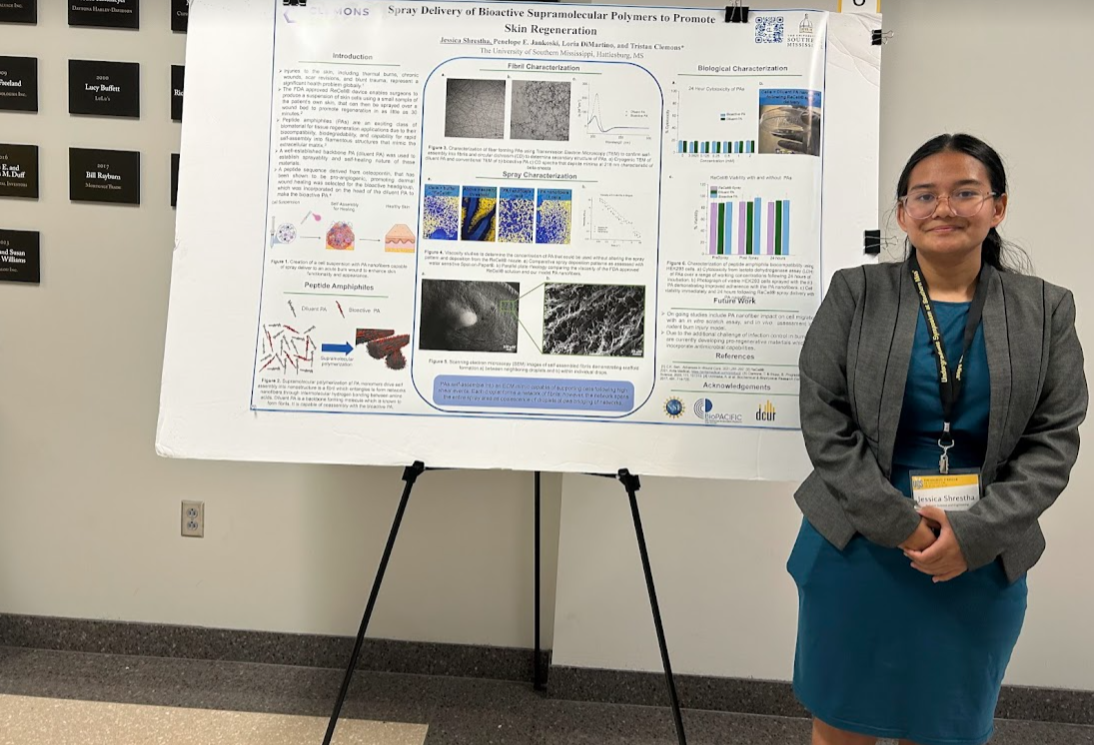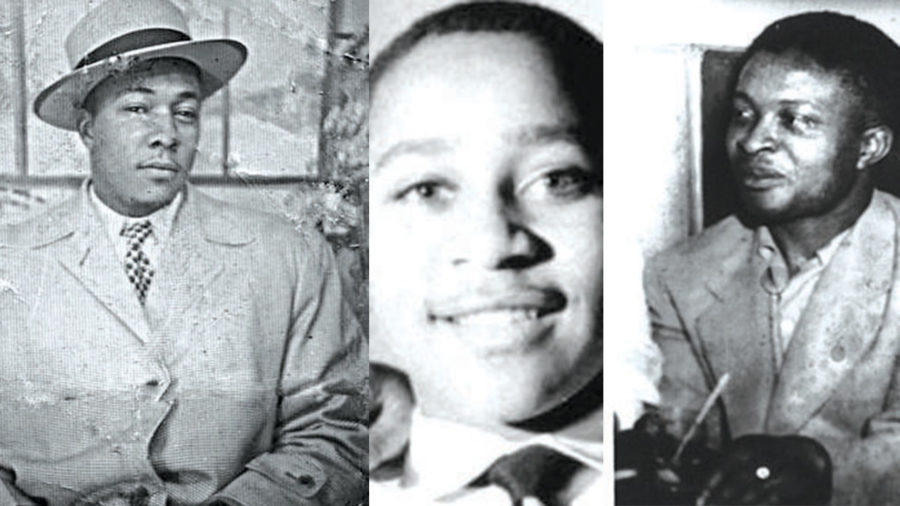During the civil rights era, African-Americans disappeared without a trace across the South. The criminal justice system neglected thorough investigation of these murders for years, allowing the risk of the unsolved cases.
Emmett Till, for whom the titular law was named, was a 14-year-old African-American boy brutally murdered in 1955. His story prompted a movement supporting the reopening of other unsolved murders during that time.
In 2007, congress passed the Emmett Till Unsolved Civil Rights Crime Act, directing the DOJ and FBI to investigate and prosecute the perpetrators of these unsolved homicides.
Unfortunately, many cases remain unsolved due to lack of financial resources and the passage of time. Many of these cases lack evidence considering many of the perpetrators and potential witnesses of these crimes are deceased.
Kevin Greene, assistant professor and co-director of the Center for Oral History and Cultural Heritage, lectured Tuesday about the importance of resolving the cold cases of civil rights murders. He specifically urged his audience to familiarize themselves with the Emmett Till Civil Rights law that expires next year.
“Many of the people who are aware of the circumstances surrounding these deaths are passing away every day,”
Greene said. “And most local police departments don’t have the resources or capabilities to reopen these cases.”
Greene, while highlighting a handful of the 126 unsolved cases of civil rights homicides in the South, told stories of cases that had been successfully solved and closed.
“It can be done,” Greene said. “I’m not trying to nay- say that this is impossible. There are initiatives going on out there that are investigating these things. There are universities looking at these particular cases.”
The lack of attention these cases received from investigators over the past ten years constitutes the issue. Though some have been solved and perpetrators have been convicted, the majority of the murders are left a mystery, with no resolutions for the victims’ families or prosecutions for the crime. Due to the passage of time, the opportunity to dig into the remaining evidence is quickly closing.
“The important part is, this [law] runs out in 2017,” Greene said. “We’ve already heard the statistical evidence that it isn’t being funded all that well, and a lot of people who could apply for grants to help solve these are not applying for them. They aren’t really interested, and these cases are getting shut one by one.”
One of the only hopes for addressing the damage inflicted by these crimes rests in the preservation of the Till Bill.
Students, such as Phi Beta Sigma member Anthony McNair, attended the lecture and were inspired to get behind initiatives and projects that might keep the bill active. McNair said he plans to take this information back to his chapter and start a discussion about supporting the initiative.
“I feel like based the principles that all Greek organizations share this would be something we would all look into,” McNair said. “It just has to be presented to everyone and I feel like all people involved in Greek Life would heavily push awareness of this bill in our community.”
McNair said students like him could provide new generation of critical consideration to .
“This is important for right now, because we have a fresh platform for people with different mindsets to step in and give their word and opinion,” McNair said. “I plan to bring this back to my chapter and try to support the initiative.”
Many lives departed from the South as a result of racial hatred. McNair said though their cases remain unsolved, their legacy survives in the community.
“For me, this isn’t about solving another 48-hour cold case,” Greene said. “The point is reconciliation, because these stories still live in communities. People know stories that aren’t even on this list of what happened to folks. By talking to these people, you reconcile the awful nature of these crimes.”






























